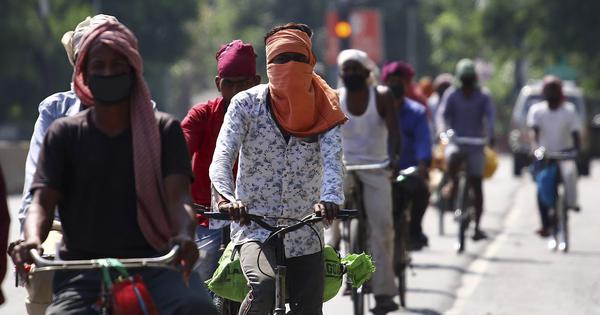The images of devastation faced by migrant workers in the aftermath of the Covid-19 lockdown imposed in March shook the conscience of the nation: the scale of the problem and the severity of the distress pushed this hitherto invisible population emerged into the spotlight of public and policy attention.
More than 75 days into the lockdown, after the crisis had almost entirely played itself out, the government announced measures in the form of Shramik trains for workers to get to their home states and temporary ration supplies at their work locations. While these measures were helpful in providing immediate relief, the more systemic, structural reasons that precipitated this crisis in the first place – of informal work relations and exclusion from social protection – were completely ignored.
The revised labour codes passed by Parliament this week could have been a…
